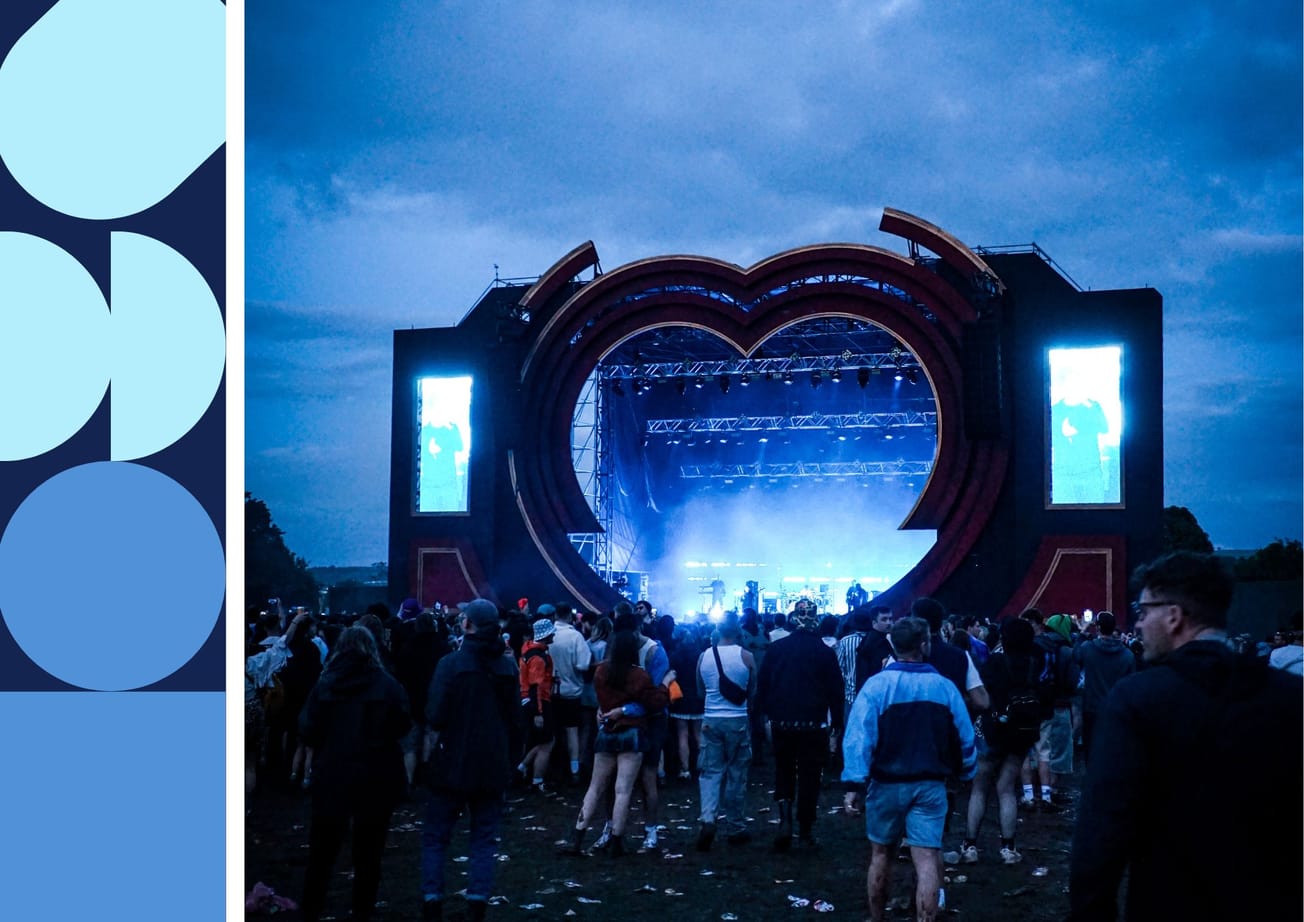By Yazmin Sadik, Second Year English
Forever merging a range of seemingly disparate genres – techno-pop, jazz, experimental, trip-hop, and her newly deemed biological techno – I didn’t even attempt to predict what Björk’s tenth studio album release would encompass. Fossora unsurprisingly supports her uninhibited remark that overall it’s simply “very bottom-end, heavy, messy, low-definition, messy, messy.” But then again, what music produced by the inimitable Icelandic artist is not?
Within the first seconds of the opening track ‘Atopos’, Björk teases the album’s heavy use of percussion with the hum of what seems like an orchestral build-up. Elements of her well-known clubbier past are soon discernible through the song’s dominating electronic beats (although to a much slower tempo than her 90s dance anthems). Between verses, staccato chorales are sung, beautifully accompanied by bass clarinets enhancing the mesmerising quality of Björk’s r-rolling vocals.
Lyrically the attention keeps drawing back to natural life; “If we don’t grow outwards towards love / We’ll implode inwards towards destruction” is a line that perfectly sums up the album’s focus on rooting oneself in home soil. The album title itself stems from the masculine Latin term ‘hole digger’, which Björk changed the ending too to create a feminine version resulting in Fossora.
each album always starts with a feeling
— björk (@bjork) August 31, 2022
that i try to shape into sound
this time around
the feeling was landing
on the earth and digging my feet into the ground
pre-order here : https://t.co/d7zfbBPozi pic.twitter.com/n1bX5Iwl6w
Despite the familial references to her time back in Iceland over lockdown - highlighted in ‘Fagurt Er í Fjörðum’ which was originally an Icelandic folk song about the hostile environment - many of the tracks felt much darker than her previous works.
The deconstructed progression of ‘Victimhood’ and ‘Trölla - Gabba’ generate a haunting undertone to the album. ‘Ancestress’ however, is less chaotic with its tranquil descending and then ascending string melody, emulating the “falsetto lullabies” she remembers her mother singing. Björk’s son, Sindri Eldon, performs the backing vocals to this epitaph to her mother who died after the release of her daughter’s last album Utopia.
As a huge lover of her earlier presence in The Sugarcubes, and her 90s albums Post and Debut, I wasn’t initially taken with the slower tempo of Fossora. Writing this review has made me realise that, like a puzzle, you have to solve and familiarise yourself with the chaos of Björk’s creation to fully embrace it, but sometimes working for something you wish to love isn’t always very fun (even for an English student). Despite this, her poetic lyricism and choreographed music videos are so complex it’s hard not to be awed. My favourite of Björk’s ambiguous lyrics is off ‘Ovule’, and captures the album’s exploration between natural life and technology; “A glass egg above us floating an oval ovule / In a dark blood-red void carries our digital selves embracing and kissing”.
Featured Image: Fossora Album Cover, Björk / James Merry
Have you listened to Fossora?








